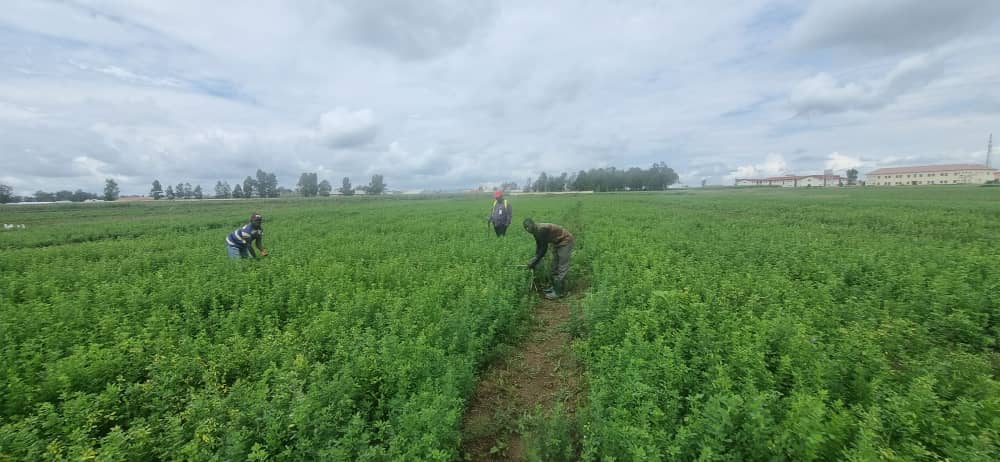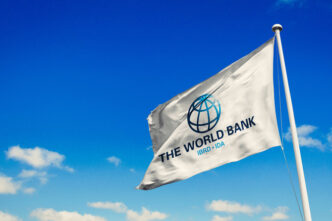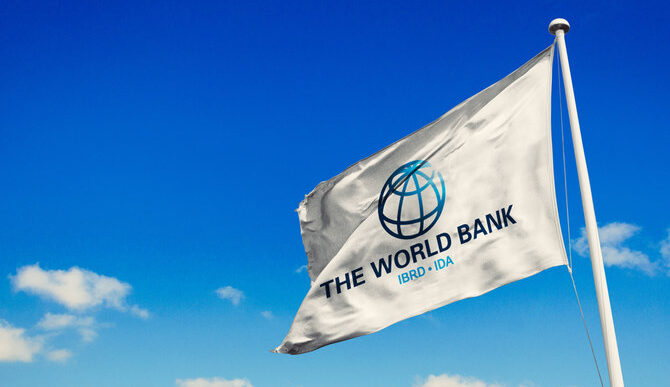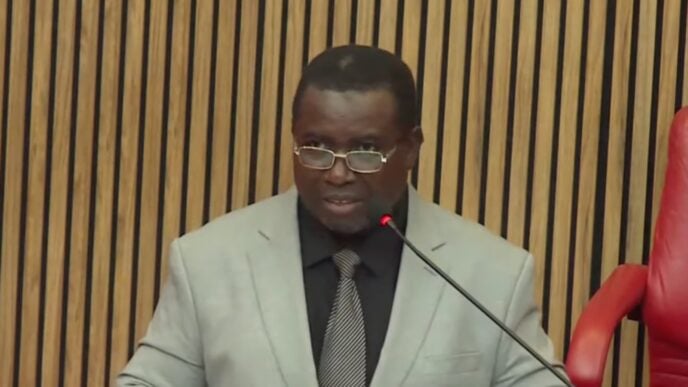As TheCable reported on October 14, 2025, the European Union (EU) has allocated ₦320.5 billion (€190 million) through the European Investment Bank (EIB) to strengthen agricultural finance in Nigeria. The credit line, announced at the EU’s Global Gateway Forum in Brussels, will be channelled through commercial banks and development-finance institutions. It is the latest in a long series of efforts to make banks lend to a sector that sustains the country but rarely attracts its capital.
Over the years, a range of credit lines and guarantee programmes, from local banks, international DFIs and government schemes, have sought to transform agricultural finance. Many delivered short-term relief but little lasting structural change. Funds often paused at the balance-sheet level, never quite reaching the value chains they were meant to serve. The EIB facility offers a chance to turn those lessons into a more durable model.
Agriculture contributes about one-fifth of Nigeria’s GDP but receives only four percent of total bank credit. Development-finance experts estimate that for agribased economies like Nigeria, lending of around ten to twelve percent is required to unlock broad-based rural growth and agro-industrial expansion. The challenge has never been liquidity but structure, aligning incentives and risk frameworks so prudence and ambition can co-exist.
The structure of the EIB facility is still emerging, but the direction is clear. It will operate within the EU’s climate-smart agriculture framework, linking finance to productivity and sustainability. Its focus on cocoa and dairy reflects pragmatism rather than preference. Together they capture the contradictions of Nigerian agriculture: abundance yet underperformance. Both sectors have organised stakeholders and measurable potential. In time, similar financing models could extend to other export-focused crops where value addition would deepen rural incomes and foreign-exchange earnings.
Advertisement
Technical assistance could be the quiet multiplier, but only if used strategically. The support targets participating financial institutions, helping them better understand agricultural value chains, improve risk assessment, pricing and product design that align with production cycles. To matter, it must go beyond training sessions and produce measurable improvements in portfolio quality and reach, not just tick boxes.
While cocoa earns foreign exchange, dairy saves it. Their inclusion as initial focus areas shows why execution matters. Nigeria is among the world’s largest cocoa producers, yet most of its beans are exported raw. The few processing plants that survive, operate far below capacity, partly due to limited access to long-term finance and certification support. During my years with the International Finance Corporation, Ghanaian colleagues often insisted I never leave Accra without buying locally made chocolate. It was more than courtesy, it was quiet economic policy.
Dairy tells a different story. Domestic demand far exceeds supply, but yields remain low. The new Ministry of Livestock Development and President Tinubu’s engagements with investors in Brazil show intent. Indigenous cattle, yield less than a litre of milk daily, while improved hybrids can produce fifteen to twenty times more under efficient systems. Well-structured finance could support investment in feed quality, breeding and collection networks, turning imports into domestic enterprise.
Advertisement
Aligned incentives will also be critical. Banks must see agricultural lending not as compliance but as opportunity, supported by credible risk-sharing mechanisms, performance-based access to future credit lines and regulatory flexibility that recognises well-structured agricultural portfolios as lower-risk assets. The goal should be to reward efficiency and accountability, not just disbursement.
Government’s role should be to provide stewardship through credible institutions that promote stability, transparency and confidence in agricultural lending. The Bank of Agriculture, the National Credit Guarantee Company and the Nigeria Agricultural Insurance Corporation can help share risk and stabilise lending conditions. What matters most is credibility, guarantees that trigger when needed, insurance that pays promptly and data that improve predictability for lenders.
The EIB’s intervention reflects a broader shift in Europe’s development strategy, from grants to catalytic finance, from disbursement to demonstration. For Nigeria, the test will be whether this credit line becomes another headline or a working model of how private capital can finance the real economy.
Success will not be measured by Euros approved, but by tangible outcomes verified: an increase in agriculture’s share of total lending from four to twelve percent, stronger credit quality across value chains and higher value addition in exports.
Advertisement
Real success, however, would depend on how far Nigeria transitions from exporting raw potential to owning its economic future.
Akande is director, South-West Agricultural Company Limited (SWAgCo).
Advertisement
Advertisement
Advertisement
Advertisement
Views expressed by contributors are strictly personal and not of TheCable.













